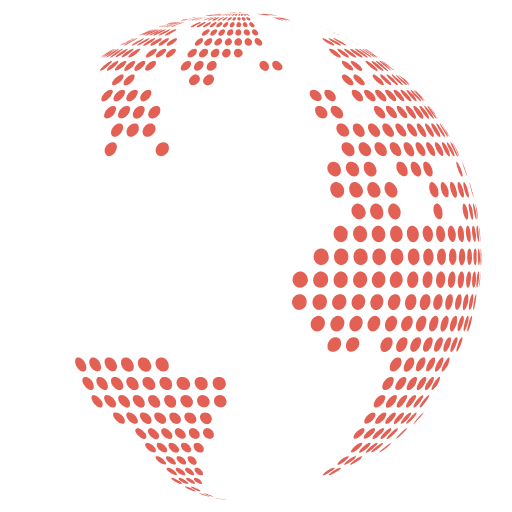What We Do
The Refugee Investment Facility (RIF) combines targeted investment and strategic support to create lasting impact in refugee-hosting communities. Through our impact-linked loans, technical assistance, and a dedicated theory of change, we aim to empower enterprises that generate economic opportunities, improve livelihoods, and build resilience in displacement-affected areas. Guided by a rigorous impact approach and focused investment themes, the RIF aligns financial support with measurable social outcomes, fostering sustainable growth and inclusion.
IMPACT Approach
The RIF seeks to contribute to long-term improvements in quality of life for refugees and host communities through making investments in companies or social enterprises with activities in Jordan and Uganda that address critical gaps. Specifically, the RIF Portfolio will employ a strategy to support refugees, other displaced persons and their host communities by:
- Building relevant capacities
- Fostering decent work opportunities
- Promoting financial inclusion
- Supporting access to critical goods and services
Our 4 Investment Themes
Capacity and Skills
Decent Work
Financial Inclusion
Access to Goods and Services
Key Impact Targets
Increase employability and recognition of education and skills
Increased employment and quality of employment opportunities
Improved financial inclusion
Increased access to relevant goods, services and digital products
Improved Solutions to Displacement
Displacement effected communities are better able to access jobs and education
Displacement affected communities are employed in decent, quality jobs and become increasingly self-reliant
Displacement affected communities are financially included, have access to savings, credit, insurance, payments options
Displacement affected communities have sustainable access to basic goods and services
Impact Linked Loans + Technical Assistance
Impact Linked Loans
Impact Linked Loans
Through the RIF, companies will receive two types of support. (1) favourable financing through impact-linked loans and other financial instruments, (2) technical assistance for business development and refugee impact.
Impact-linked loans provide financing at concessional rates to impact organizations that are rewarded for achieving pre-agreed development outcomes. These loans will have longer tenors (~3-5 years) with the interest rates tied to achievement of outcomes (“better terms for impact”). The more impact the organization achieves over the term of the loan, the lower its cost of financing. For the RIF, the interest rate for each company will be linked to one or more KPIs that relates directly back to impact themes of the Facility, resulting in measurable impacts on decent work, capacity and skills, financial inclusion, and access to goods and services.
Technical Assistance Facility
Technical Assistance Facility
The RIF Technical Assistance Facility (TAF) is estabilished to provide technical assistance to the RIFs investees to support business growth and impact targets. While the impact-linked loans deployed by the RIF addresses key financing challenges for such enterprises, enabling business expansion, product and service delivery, and job creation by tailoring financing terms to the local context and individual enterprises, the target enterprises for the RIF will often need business development services and advisory on how to maximize impact in refugee communities to make the best use of the financing provided through the RIF.
The TAF seeks to maximise the growth and social impact objectives of the RIF and each investment by making Refugee Impact Advisory (RIA) and Business Development Services (BDS) available and accessible to investees. It is designed to enable mentoring and advisory on refugee impact through DRC advisors and support joint DRC/Investee engagement with refugee hosting communities and impact monitoring initiatives. In doing so it leverages DRC’s unique undertanding and footprint in refugee hosting areas as well as its networks among supportive programming partners for the social impact and sutaninable growth ambitions of investees and the RIF generally. Further, it builds on and partners with locally available BDS services in each focus country to link up investees with relevant services, so the investees can access the necessary business development services in the most locally relevant and cost effective way.
The RIF’s Theory of Change
Come along with us on this journey
If you’re a potential investor, partner, or team member please send us a note.
Contact us
Refugee Investment Facility AG
Danish Refugee Council
iGravity
Follow us

© 2024 Refugee Investment Facility. All rights reserved.

